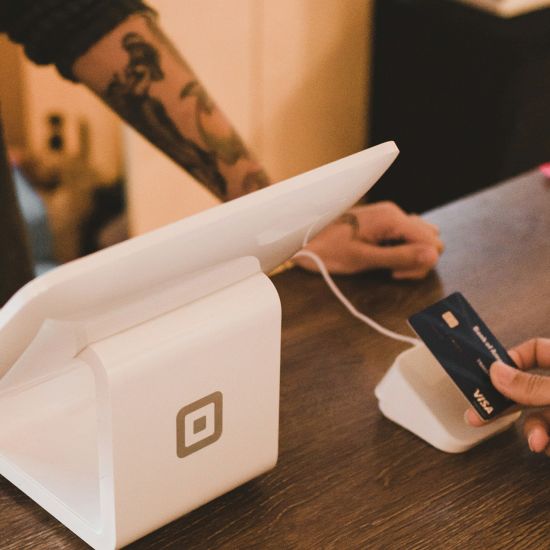
${item.excerpt}
Featured in ${item.section}

${item.excerpt}
Featured in ${item.section}


Build your money confidence
The team are all about building your confidence and capacity with money! Whether you're looking to create your first budget, explore ways to boost your income or reduce expenses, or navigate specific financial challenges, we're here to support your journey and to not let money stop your study!
Personalised Financial Wellbeing Support: One-on-one support tailored to your specific goals and challenges.
Practical Tools & Resources: Budget templates, expense tracking apps, and money-saving guides.
Financial Education Sessions: Learn budgeting, saving strategies, and money management fundamentals.
Supportive Connections: Links to relevant services, grants, and external support options.
Get in touch today to see how we can work together to help you live your best Uni Life for less!
“I am so overwhelmed with gratitude for the support I have received. Everyone I spoke to was so friendly and I felt really safe and respected. I have never been in financial hardship before. I definitely had a fear of stigma but the whole process was very non-judgmental and helpful. Thank you.” Deakin student
We don’t provide any form of financial advice including how to deal with debts, insurance, superannuation and other financial products. We only provide general financial literacy-based information which you then need to determine if it is applicable to your circumstances.
For more information download our Welfare Support Services Guide here!
We’ve got your back! You have options and there are steps you can take yourself, but if you need more guidance or you get stuck, we are here to help.

